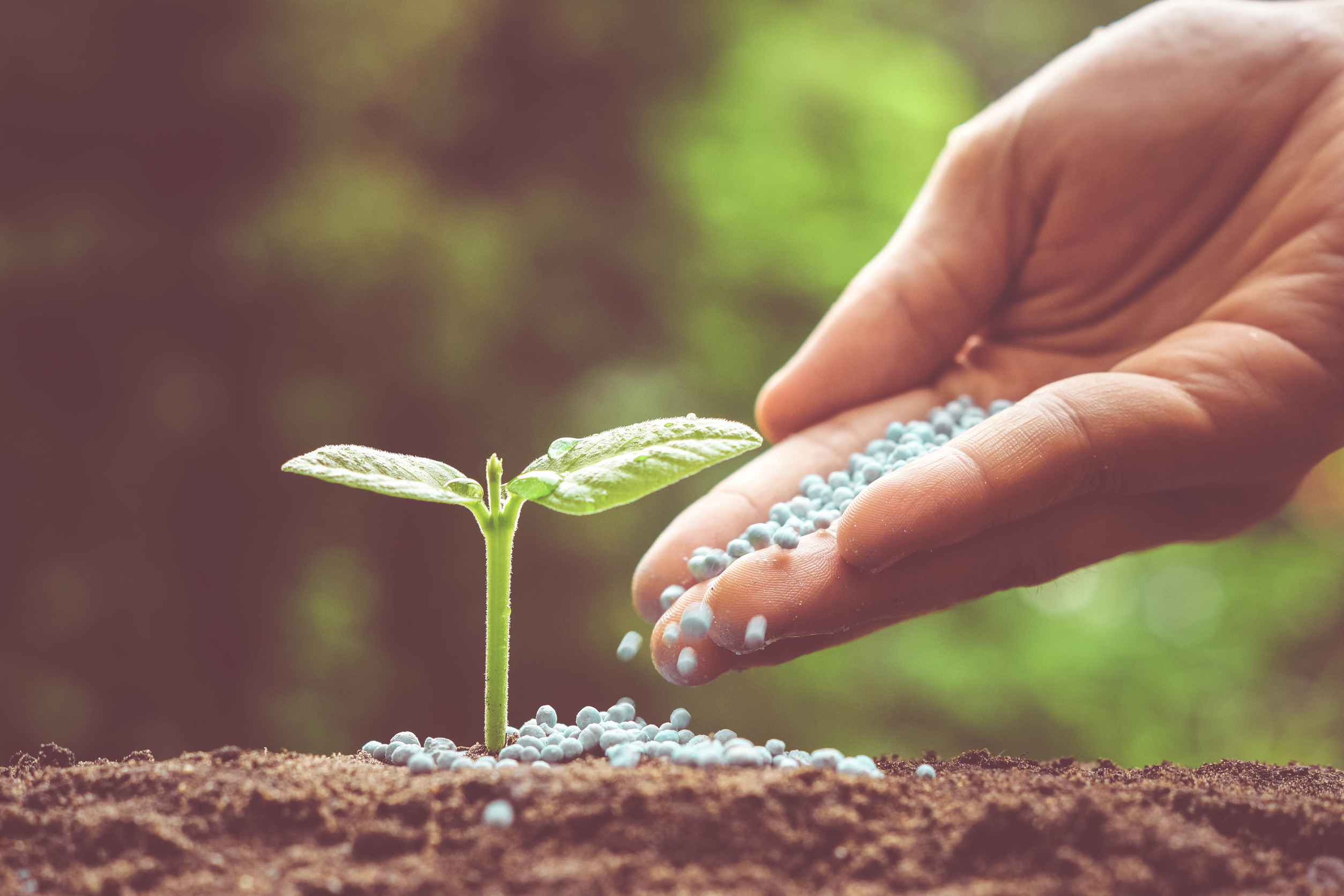
Image Source: 123rf.com
Chemical fertilizers have revolutionized gardening, offering quick and visible results by providing plants with essential nutrients. However, these seemingly convenient solutions come with hidden risks that often go unnoticed by gardeners. The impacts of chemical fertilizers extend beyond plant growth, affecting the soil, surrounding environment, and even human health. Understanding these dangers can help gardeners make more informed choices and prioritize sustainable practices. Here are three significant risks associated with chemical fertilizers.
1. Soil Degradation
One of the most critical and often overlooked consequences of chemical fertilizer use is soil degradation. Fertilizers supply plants with synthetic nutrients, such as nitrogen, phosphorus, and potassium, which promote rapid growth. However, these fertilizers do not address the broader health of the soil itself. Over time, their use diminishes the population of beneficial microorganisms and depletes organic matter. These microorganisms, such as fungi and bacteria, are essential for maintaining the structure and nutrient cycle of the soil.
As soil health deteriorates, its ability to retain water and nutrients declines, leading to long-term fertility issues. Additionally, repeated applications create a dependency on synthetic fertilizers, as the soil becomes less capable of naturally supporting plant growth. This vicious cycle reduces the resilience of your garden and increases the need for continual fertilizer use, ultimately harming the environment and your wallet.
2. Water Contamination
Another significant issue caused by chemical fertilizers is water contamination. These fertilizers are often rich in nitrates, which can easily leach into water sources through rain or irrigation runoff. This process, known as nutrient leaching, allows excess fertilizers to seep into nearby rivers, lakes, and groundwater supplies. The presence of nitrates in water poses serious risks to both human health and aquatic ecosystems.
Nitrate contamination can lead to a phenomenon called eutrophication, where excessive nutrients in water bodies cause algal blooms. These blooms deplete oxygen levels in the water, suffocating fish and other aquatic life. The dead zones created by eutrophication disrupt biodiversity and harm local communities that rely on these water bodies for drinking, fishing, or recreation. Furthermore, nitrates in drinking water have been linked to health issues, such as methemoglobinemia, commonly known as “blue baby syndrome,” in infants.
3. Harm to Beneficial Organisms
Chemical fertilizers not only affect plants and water systems but also harm the delicate ecosystem within your garden. Beneficial organisms like earthworms and soil microbes play a vital role in maintaining soil health and promoting plant growth. Earthworms, for example, aerate the soil, improve its structure, and facilitate the breakdown of organic matter into nutrients.
Unfortunately, the harsh chemical composition of many fertilizers can disrupt or kill these valuable organisms. This imbalance weakens the natural support systems within your garden, leaving plants more vulnerable to pests and diseases. Over time, the absence of beneficial organisms can force gardeners to rely even more heavily on additional chemical interventions, perpetuating a cycle of dependency and environmental harm.
Choosing Sustainable Solutions
While chemical fertilizers offer short-term benefits, their long-term risks to soil quality, water sources, and garden ecosystems make them a less sustainable choice. By opting for alternatives such as compost, organic fertilizers, and natural soil amendments, gardeners can nurture their plants without compromising the health of their environment. Sustainable gardening practices not only produce healthier plants but also support the balance and resilience of the broader ecosystem. Making these choices ensures that your garden thrives without leaving a harmful legacy.
Have you ever used chemical fertilizers? How did they affect your garden? Let us know in the comments below!
Read More:
From Coffee Grounds to Eggshells: 10 Homemade Fertilizers You Already Have at Home!
7 Easy Homemade Fertilizers for a Thriving Garden

Tamila McDonald is a U.S. Army veteran with 20 years of service, including five years as a military financial advisor. After retiring from the Army, she spent eight years as an AFCPE-certified personal financial advisor for wounded warriors and their families. Now she writes about personal finance and benefits programs for numerous financial websites.
Leave a Reply